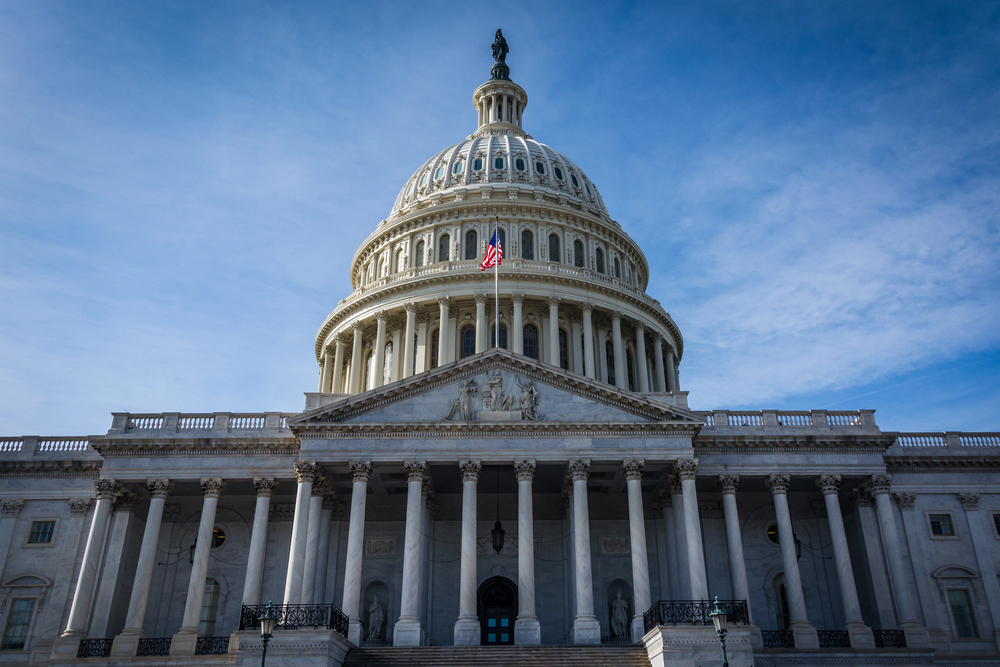U.S. and EU Announce Insurance Agreement
By: Jennifer Webb
Late last week, the U.S. Department of Treasury and the U.S. Trade Representative (USTR) announced an agreement between the U.S. and the European Union (EU) regarding certain aspects of insurance and reinsurance regulation.
Shortly after the announcement, the Treasury Department released a fact sheet that says the agreement builds “on work largely underway at the state level” and is “expected to reduce reinsurance costs for primary insurers and improve the affordability and availability of insurance products for personal and commercial insurance consumers.”
However, state regulators contend that the agreement does not build upon their work. In a statement, the National Association of Insurance Commissioners noted, “most state regulators were not allowed to participate in the process,” and expressed concern that the agreement could potentially function as “a backdoor to force foreign regulations on U.S. companies.”
The “covered agreement” was negotiated pursuant to the Dodd-Frank Wall Street Reform and Consumer Protection Act, which authorized the Treasury Department and USTR to negotiate agreements to address areas where U.S. state insurance laws or regulations treat non-U.S. insurers differently than U.S. insurers. The agreement addresses group supervision, reinsurance and the exchange of information between supervisory authorities.
The agreement seeks to alleviate regulatory requirements for insurance companies that are subject to oversight in both the U.S. and EU. It also removes certain collateral requirements for foreign reinsurance companies, which oblige some companies to hold higher levels of collateral than others, as well as local presence requirements. Finally, the agreement encourages exchange of information between regulators.
Reactions from insurance carrier trades and Capitol Hill are mixed. Some tout the benefits of the agreement while others raise concerns, mainly about the negotiation process itself and potential pre-emption of state insurance laws.
The agreement has been submitted to Congress, where legislators have 90 days to object before it is considered final.
Jennifer Webb is Big “I” federal government affairs counsel.










